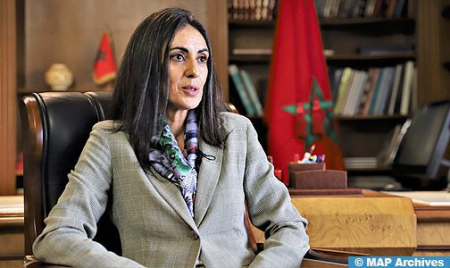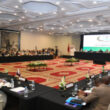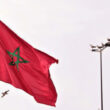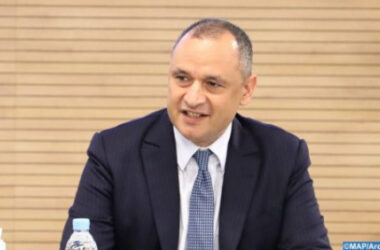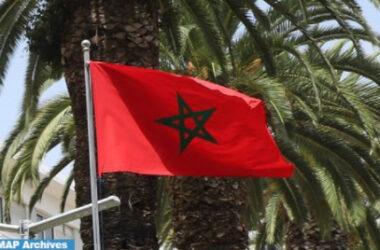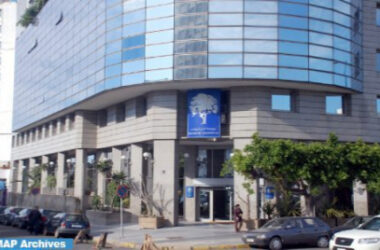Fettah, who was representing Morocco at a high-level round-table organized on the sidelines of the annual joint meetings of the Arab financial institutions, stressed that this roadmap outlines the actions and commitments of the different actors of the financial sector in order to support the sector’s role in climate change mitigation and adaptation projects.
In this regard, the minister mentioned “a willingness to review this roadmap in view of the rapid developments in this field,” recalling that the problem of climate finance is central and constitutes one of the most important constraints faced by several countries, including Morocco.
Citing a World Bank report, Fettah said that the total investment needed to put Morocco on a low-carbon and resilient path will amount to some $78 billion by the end of 2050.
In this regard, Fettah reviewed the Kingdom’s multidimensional commitment to climate issues, highlighting the ambition of the nationally determined contribution to reduce greenhouse gases by 45.5% by 2030, within the framework of an integrated low-carbon development strategy by 2050, which pursues the transition to a green economy consistent with sustainability objectives, and the strengthening of resilience, adaptation and environmental protection capacities, which are the basis of the Kingdom’s New Development Model.
Morocco has also launched a large number of initiatives, concerning the sectors of agriculture, transport, blue economy, water saving and sustainable management of solid and liquid waste, which embodies “the Kingdom’s firm commitment to the principle of sustainability,” he said.
He has also launched structuring projects in vital areas such as renewable energies, as Morocco adopts, he said, a proactive policy of integrating renewable energies into the national energy mix.
“Morocco plans to reach 52% of renewable energies by 2030 in the energy mix dedicated to electricity production, as stipulated by our nationally determined contribution,” he recalled.





